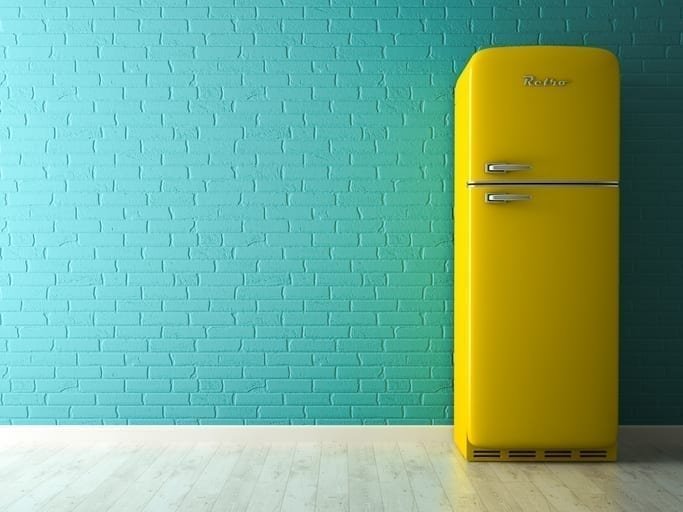Huge strides have recently been made in plastic reduction. Waitrose is extending trials of refillable options for products including alcohol, rice and cleaning materials, Morrisons has an initiative to ditch the unnecessary plastic on vegetables and Aldi will soon be trialling loose vegetables.
Almost a third (32%) of us say we’d prefer to use our own containers to buy and refill fresh food from the supermarkets instead of buying pre-packed food. Yet food waste stats show that even with plastic food packaging that can help keep food fresher, we are seeing enormous volumes of food wasted.
Saving food and money
The UK throws away seven billion tonnes of food annually and, on average, around £470 worth of food is wasted per year in each household. According to Recycle Now, half of the total £13 billion cost could be saved if the public were given more information about storing food safely.
Data show that nearly half of us (43%) think food must be frozen on the day of purchase when in fact it can be frozen at any time before the use-by date and be kept frozen for three to six months, suggesting that education could have a huge impact.
Food storage tips
Storage experts have revealed that a few simple tips could have a huge impact on people’s household bills and the environment, ensuring that progress around food waste is made alongside positive steps in reducing plastic packaging.
With correct storage cutting food waste by almost 50%, storage experts at Space Station have put together some useful tips to help consumers keep food fresher for longer – even without plastic packaging.
FRUIT AND VEG
Keeping fruit and vegetables stored too closely together is a common mistake that can lead to food going bad. Build-up of the chemical compound ethylene will cause them to go off; apples, melons, apricots, bananas, tomatoes, avocados, peaches, pears, nectarines, plums, figs and other fruits and vegetables should be kept separate as these produce the most ethylene.
One in two people (52%) would not consider buying frozen fruit or vegetables, so buying loose vegetables fresh then chopping and storing them in an airtight container in the freezer can ensure no food is wasted.
CUCUMBERS
Wash cucumbers straight away and make sure they are thoroughly dry, as excess water will turn them bad. Wrap them in either a tea towel or kitchen roll to prevent sogginess and store in the fridge in a reusable vegetable bag.
 Play Video about This Rock Might Just Save The World
Play Video about This Rock Might Just Save The World Play Video about Play 2 hours of rock
Play Video about Play 2 hours of rock Play Video about Play 2 hours of brook
Play Video about Play 2 hours of brook Play Video about Play 2 hours of sheep
Play Video about Play 2 hours of sheep











































